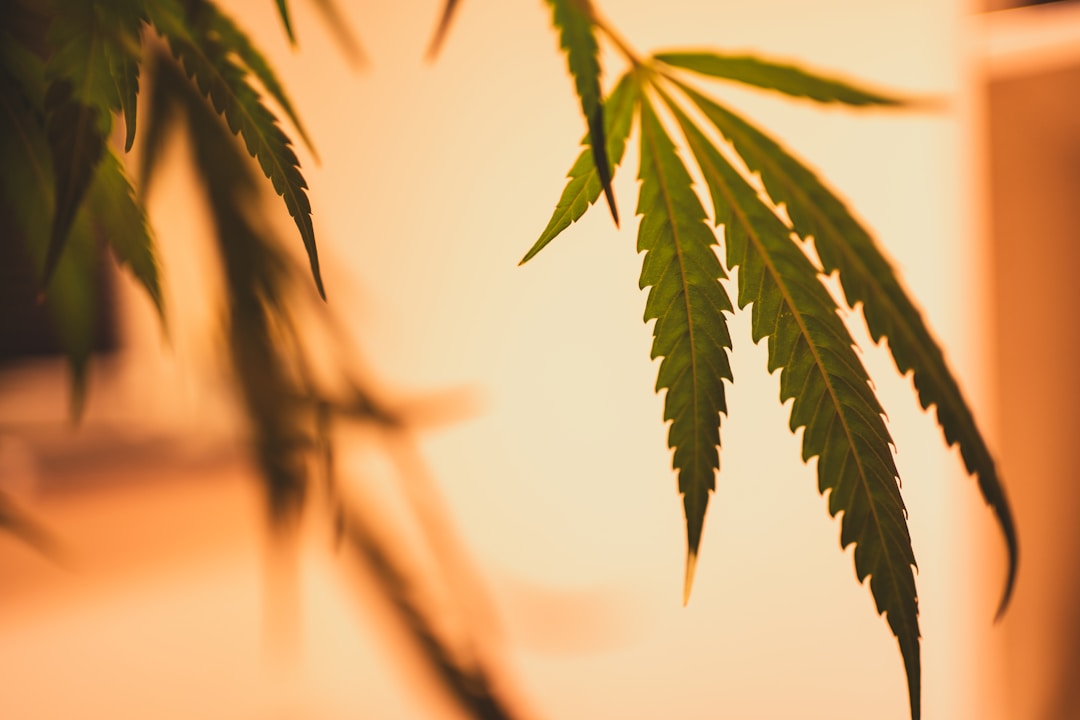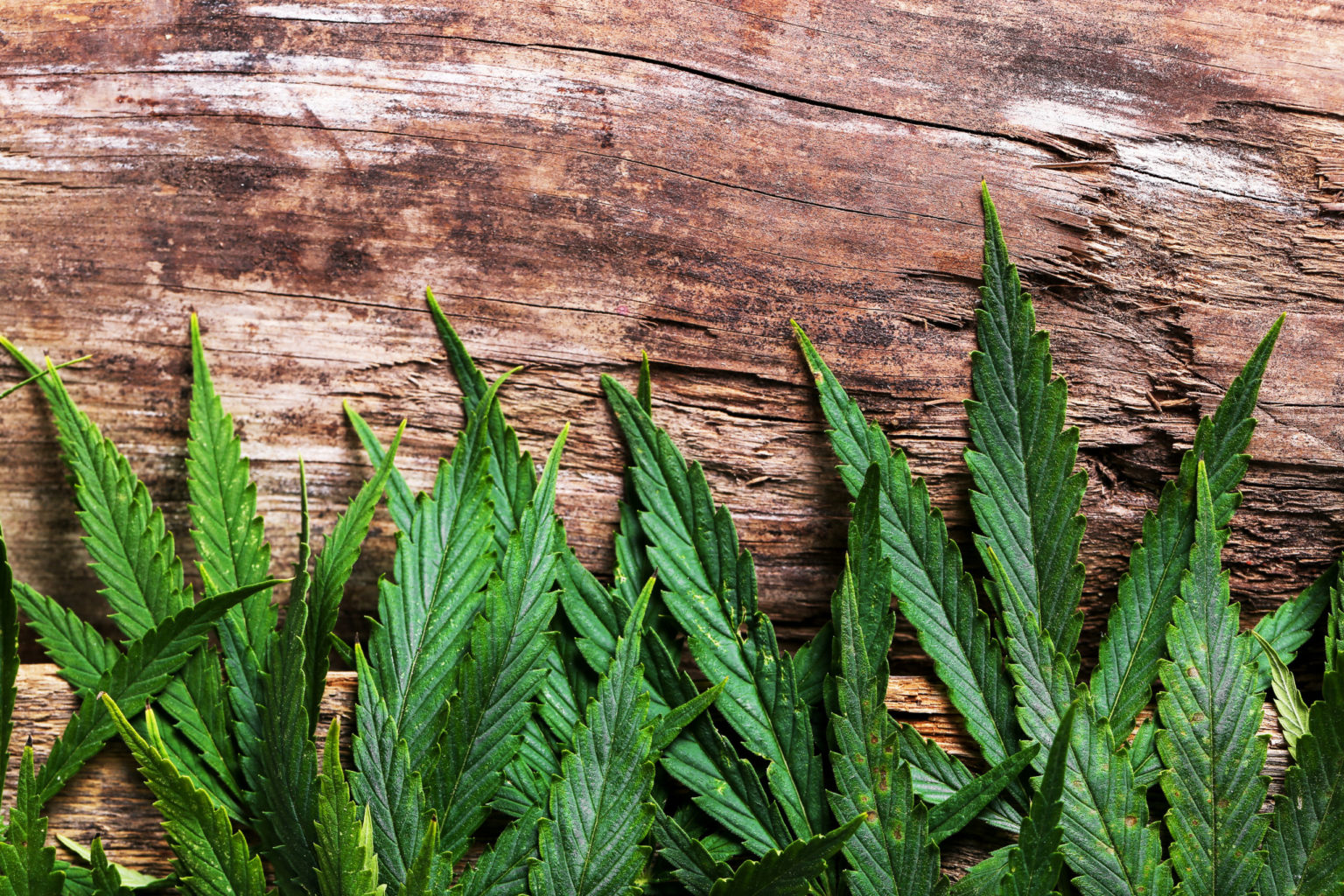With all of the new cannabis products coming about since the passing of the 2018 Farm Bill and more states across America legalizing medicinal and recreational use for marijuana, there’s a tremendous amount of information out there. Some of the most advertised information concerning cannabis is about cannabinoids. On almost every cannabis product packaging you find, you’ll see information about the cannabinoid content in it. However, many people may not even know what cannabinoids are. So, today, we’ll examine cannabinoids, what they are, and how they can affect you. This way, you can make an educated decision next time you’re shopping for Delta 8 gummies 1000mg. So, let’s get started.
What is a cannabinoid?

Cannabinoids are naturally-occurring compounds in the cannabis plant. There are well over 100 cannabinoids in the cannabis plant. However, only around 66 of these compounds are named cannabinoids. The most well-known compound in cannabis is Delta-9 tetrahydrocannabinol (THC). Delta-9 THC is the primary psychoactive ingredient in marijuana and has made it famous. Cannabidiol (CBD) is the next most well-known compound in cannabis, making up approximately 40 percent of the cannabis plant’s chemical compounds. Finally, another compound that’s lesser-known but is quickly gaining popularity around the country is Delta-8 THC.
Delta-8 THC is a naturally-occurring compound in cannabis, but in much smaller amounts, making up about one percent of the plant’s compounds on average. However, CBD can be converted into Delta-8 THC by using solvents. Delta-8 THC produces psychoactive effects like Delta-9 THC. However, the potency of these effects is less than Delta-9 THC.
These are the three most known and used cannabinoids in cannabis, despite over 100 present. These compounds are also broken down into separate classes, including:
- Cannabigerol (CBG)
- Cannabichromene (CBC)
- Cannabidiol (CBD)
- Tetrahydrocannabinol (THC)
- Cannabinol (CBN)
- Cannabinodiol (CBDL)
- Other cannabinoids, consisting of cannabicyclol (CBL), cannabielsoin (CBE), and cannabitriol (CBT)
Do cannabinoids offer any benefits?

As of now, there is still much research surrounding these compounds before any conclusive benefits can be established. Furthermore, more research is needed to determine the long-term effects of these compounds. However, there are several potential benefits to cannabinoids. Many studies have found the potential for these cannabis compounds to help some people deal with occasional anxiousness, sleeplessness, and discomfort. CBD is the prominent compound people use to help with these situations. Although, much research has proven the potential for THC to help with these situations as well.
Currently, the Food and Drug Administration (FDA) doesn’t approve cannabis products to treat, cure, or prevent any disease or medical condition. However, the FDA has approved one product made using CBD to treat two rare types of Epilepsy called Lennox-Gastaut syndrome and Dravet syndrome. This medicine is called Epidiolex, and it’s the only treatment available for Dravet syndrome.
How do cannabinoids work?
Cannabinoids work with your body through your endocannabinoid system (ECS). This system is named for substances your body already produces and needs to function. These substances are remarkably similar to the cannabinoids that cannabis produces. The ECS affects many different parts of your body, which is why cannabinoids are being researched heavily for potential medicinal uses. In addition, your endocannabinoids communicate with your nervous system to help it function correctly. With that in mind, it only makes sense that cannabinoids could potentially treat medical issues one day in the future.
So, when you ingest a Delta-8 gummy or smoke marijuana, your body absorbs the cannabinoids in the product. Depending on which compounds are present in the product, they either bind to your cannabinoid receptors or attach to them. For example, THC, in any form, binds to both of your cannabinoid receptors, causing the euphoric high. On the other hand, CBD doesn’t bind to your receptors, and it only attaches to one of them. As a result, they produce similar effects, but only THC causes psychoactive effects.
Understand the product before you purchase it.
Now that you have a basic understanding of cannabinoids and how they affect your body, you can better decide what products are best for your needs.













